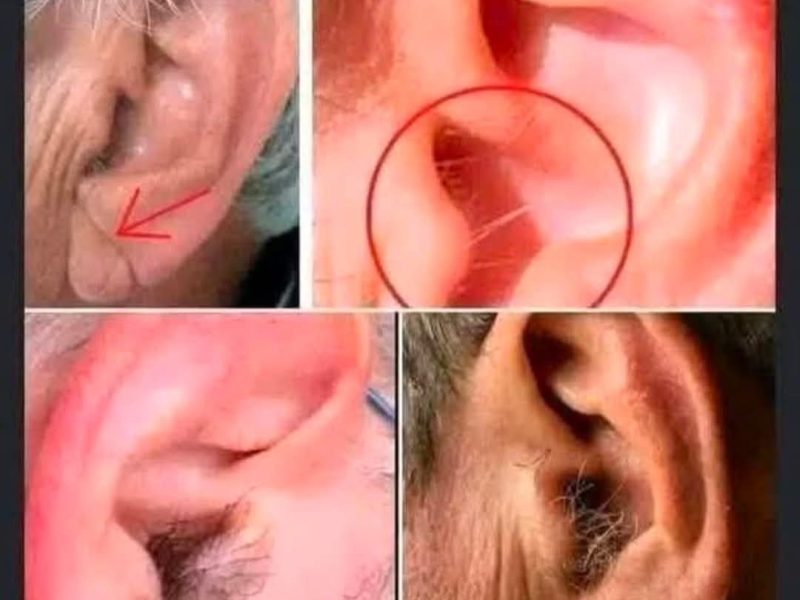For Emma Flint, coming to terms with her abrosexuality was a journey that spanned three decades. It wasn’t until she stumbled upon the term “abrosexuality” at the age of 30 that she finally felt like she had found a label that accurately described her fluid and ever-changing sexual orientation.
Abrosexuality is a term that refers to the experience of having different levels of sexual or romantic attraction throughout one’s life. It’s a complex and multifaceted aspect of identity that can be difficult to understand, even for those who experience it firsthand. For Emma, discovering the term abrosexuality was a turning point in her journey towards self-acceptance.

Before embracing her abrosexuality, Emma struggled to make sense of her fluctuating feelings of attraction. One day, she might feel like a lesbian, and the next, she might feel bisexual. It was a confusing and isolating experience, but one that ultimately led her to a deeper understanding of herself.
As Emma began to open up about her abrosexuality, she encountered a mix of reactions. Some friends and family members were supportive and curious, while others were skeptical or even dismissive. Emma recalls hearing comments like “you’re just confused” or “why can’t you just say you’re bisexual?” – comments that, while well-intentioned, ultimately felt invalidating and hurtful.

Despite these challenges, Emma remains committed to living authentically and openly as an abrosexual woman. She believes that education and empathy are key to creating a more inclusive and accepting society, one where people of all sexual orientations can feel seen and valued.
For Emma, the journey towards self-acceptance has been a long and winding one, but it’s a journey that has ultimately led her to a place of greater confidence and self-awareness. As she looks to the future, Emma hopes that abrosexuality will become more widely recognized and accepted, and that people will be able to live their lives freely and authentically, without fear of judgment or rejection.


